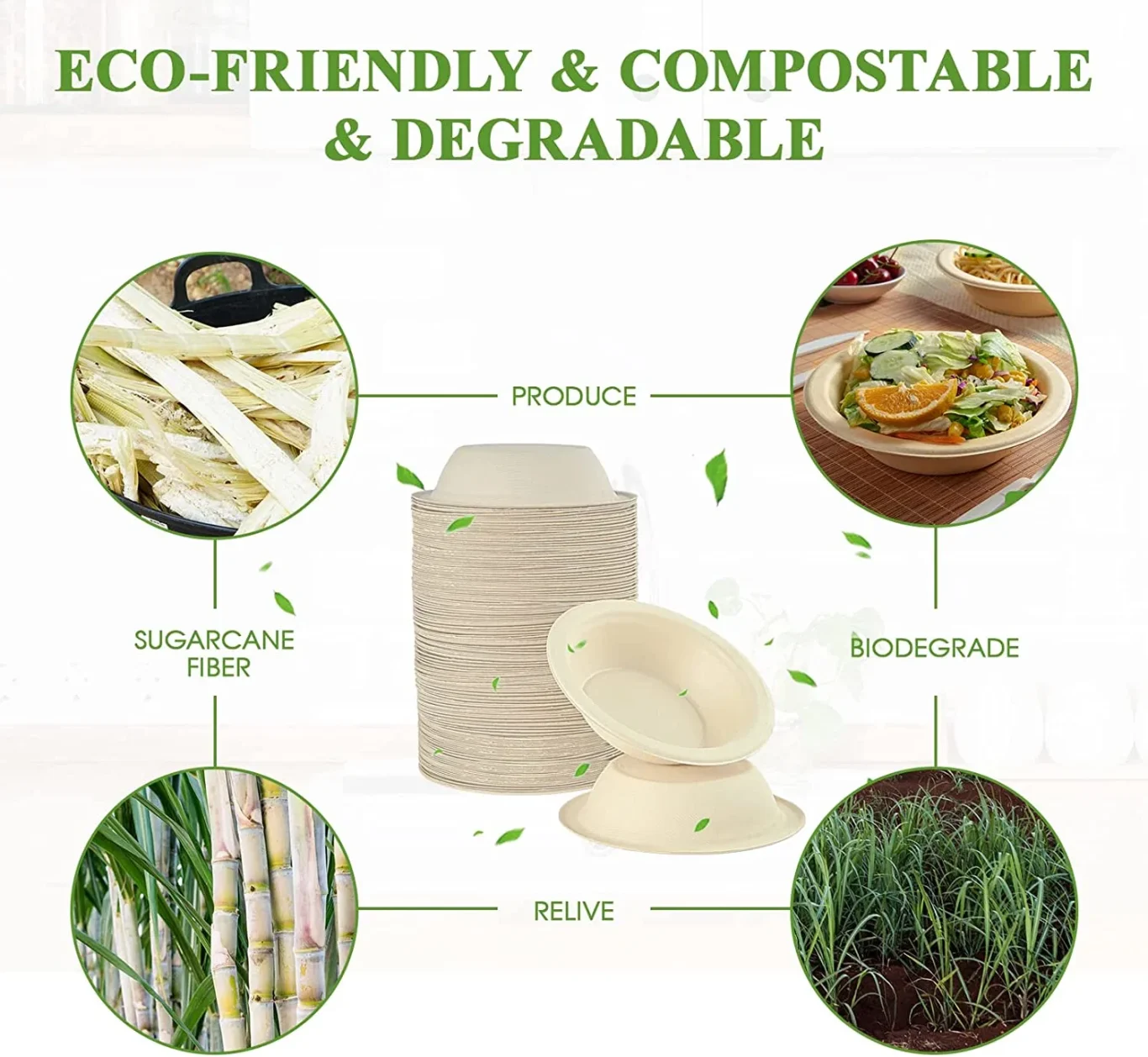Sugarcane Product: A Natural Sweetener for Fit Individuals
Sugarcane Product: A Natural Sweetener for Fit Individuals
Blog Article
Exploring Sugarcane Products: Versatile Uses and Profits
The expedition of sugarcane products exposes an exceptional variety of applications that prolong well beyond the acquainted world of sugar. As we analyze the multifaceted payments of sugarcane, one may wonder how these diverse uses can reshape markets and lifestyles in a quickly evolving globe.
Introduction of Sugarcane
Although sugarcane is typically associated largely with sugar production, it is a functional plant with a rich background and numerous applications. Grown in exotic and subtropical regions, sugarcane grows in warm climates and well-drained dirts, contributing significantly to several economic climates worldwide. This seasonal yard, belonging to the genus Saccharum, can expand to elevations of as much as 4 meters, showcasing its robust nature.
Past its main duty in sugar extraction, sugarcane works as an essential resource for various byproducts. The coarse residue, referred to as bagasse, is utilized for producing bioenergy and as a raw product for manufacturing paper and naturally degradable items. Additionally, molasses, a spin-off of sugar refining, is abundant in nutrients and commonly used in pet feed and fermentation procedures.
Sugarcane likewise plays a considerable role in traditional medicines and cultural methods in numerous regions, showing its relevance past industrial usage (sugarcane product). With the boosting emphasis on sustainable agricultural practices, sugarcane is being discovered for its potential in biofuels and carbon capture, placing it as a vital gamer in the shift towards sustainable power resources. Thus, the flexibility of sugarcane prolongs far beyond the boundaries of sugar manufacturing
Sugarcane in Food Products


Beyond sugar, sugarcane is the source of energy-rich items such as jaggery and panela, which are standard unrefined sugars utilized in many societies. These products not only sweeten foods yet likewise convey special flavors and nutritional benefits.
Sugarcane juice, a revitalizing beverage enjoyed in several tropical areas, showcases the plant's versatility. It is usually taken in fermented or fresh into alcohols like rum.
In addition, sugarcane fibers, referred to as bagasse, are often utilized to produce food product packaging materials, emphasizing the eco-friendly benefits of sugarcane handling. Overall, sugarcane's payment to food products is complex, enhancing flavors, supplying dietary value, and playing a substantial role in culinary customs around the globe.
Industrial Applications of Sugarcane
In various sectors, the adaptability of sugarcane prolongs far past its culinary applications. Sugarcane acts as a critical raw material in the manufacturing of biofuels, especially ethanol, which is significantly made use of as a renewable energy source. This biofuel is obtained with fermentation and purification procedures, giving a sustainable choice to fossil fuels and contributing to a reduction in greenhouse gas emissions.

Moreover, the sugarcane industry has actually found applications in pharmaceuticals, where its parts are made use of in the solution of numerous medical products. The natural substances removed from sugarcane show antioxidant and antimicrobial properties, boosting the effectiveness of specific medicines.
Finally, sugarcane is important to the manufacturing of a range of chemicals, consisting of glycerol and natural acids, which are vital for different industrial processes. These Visit Website applications highlight sugarcane's significant role in advertising industrial sustainability and development.
Ecological Benefits of Sugarcane
The complex applications of sugarcane not only enhance commercial procedures but likewise add dramatically to environmental sustainability. As a renewable energy, sugarcane farming plays a crucial role in carbon sequestration, absorbing visit this site right here considerable quantities of co2 from the environment. This procedure aids minimize climate change by decreasing greenhouse gas focus.
Additionally, sugarcane byproducts, such as bagasse and molasses, offer environment-friendly choices to traditional products. Bagasse, the fibrous deposit after juice removal, can be made use of as a biomass fuel, reducing dependence on nonrenewable fuel sources and promoting cleaner energy resources. Additionally, molasses can be changed right into bioethanol, additionally supporting lasting energy campaigns.
Sugarcane farming also advertises biodiversity and dirt health. Sustainable agricultural techniques, such as intercropping and crop rotation, boost soil fertility and decrease disintegration. The plant's deep origin system aids in water retention, consequently boosting and supporting local environments strength against drought.
Health And Wellness Advantages of Sugarcane
Rich in natural sugars and necessary nutrients, sugarcane offers various health and wellness advantages that make it a useful enhancement to a balanced diet. Its high fiber web content help in food digestion, advertising gut health and wellness and stopping constipation. Additionally, sugarcane is a source of antioxidants, which combat oxidative stress and anxiety and may minimize the danger of persistent illness.
Moreover, sugarcane juice is understood for its hydrating residential or commercial properties, making it an outstanding beverage option, particularly in hot climates. The all-natural sugars existing in sugarcane offer a quick energy increase, valuable for professional athletes and those engaged in physical activities. It also contains vital vitamins and minerals, such as vitamin C, potassium, calcium, and magnesium, which add to overall health.
Research studies suggest that sugarcane might assist control blood sugar level degrees, making it a more effective sweetener for people with diabetes when consumed in moderation. Its anti-inflammatory properties can sustain liver health and help in detoxing.
Verdict
In verdict, sugarcane emerges as an extremely functional plant with significant contributions to numerous industries. The byproducts of sugarcane, such as bagasse and molasses, facilitate environmentally friendly techniques, while its health advantages boost overall well-being.
Although sugarcane is commonly associated primarily with sugar manufacturing, it is a flexible plant with an abundant history and numerous applications.Beyond its main duty in sugar removal, sugarcane offers as a vital source for numerous byproducts. Primarily known for producing sugar, sugarcane is transformed into granulated sugar, brownish sugar, and molasses, each offering distinctive cooking objectives.Rich in natural sugars and crucial nutrients, sugarcane offers countless health benefits that make it a beneficial addition to a well balanced web diet regimen. The all-natural sugars present in sugarcane supply a quick power increase, valuable for athletes and those engaged in physical tasks.
Report this page